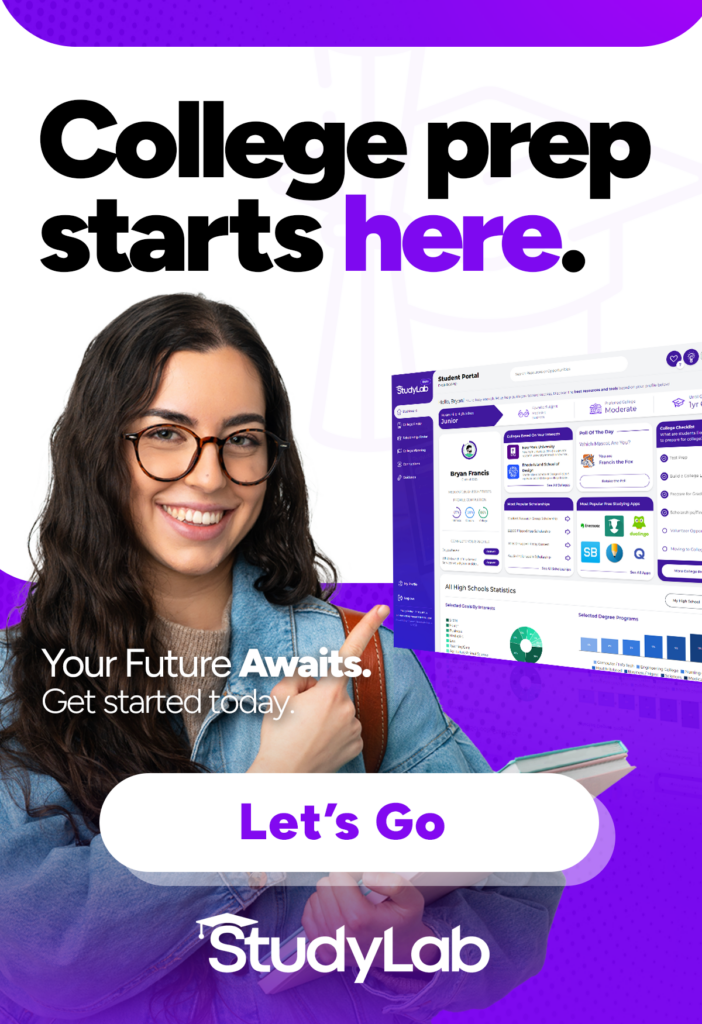Findings from the Student Research Foundation’s Career Pathways and 21st Century Skills Study . . .
In this post, we will take a close look at how members of Generation Z are preparing for their careers. Each of our posts about Gen Z focus on one research study.
Today’s post will present findings from the Student Research Foundation’s Career Pathways and 21st Century Skills Study, based on responses from 52,133 high school students from across the United States during Fall 2017. As the rough definitions in the image that accompanies this post indicate, today’s high school students, most of whom were born between the years 1996 and 2000, fall squarely in the Generation Z cohort.
What Career Pathways and 21st Century Skills Found
- Concerns about careers increase as high school students grow older. Seventy-two percent of high school freshmen have already begun to consider their career pathway. That figure rises to 83% for seniors.
- High school may not provide enough experiences to help students select careers – or some students may depend on high school for career guidance more than others. The study found that only 49% of high school students believe high school has given them a clear sense of what career paths they should be pursuing. High school provided help most often to African-American students (58%) and least often to Asian students (47%).
- Students believe knowledge is not equal. Some types will be more important than others to career success. Students most often expected academic subject knowledge would be most important to their future career success. Other types of knowledge that frequently seen as important was knowledge of: health issues (63%); finance/economy (55%); national issues (44%); global issues (43%); local/regional issues (41%); and environmental issues (40%).
- The majority of students in the study reported that high school afforded them the opportunity to develop critical skills. Those skills included Communication (always or often developed by 74% of respondents); Collaboration (74%); Critical Thinking (73%); and, in last place, Creativity/Innovation (64%). The educators who participated in the study agreed that significant percentages of their students were developing the “4 Cs” skills.
High Schools: An Imperfect but Important Setting for Students to Make Career Choices
When students begin high school, they are uncertain about what their careers will be. When they graduate, many of them are still uncertain. But that doesn’t mean that they have not made progress. The experiences and guidance they have received in high school, in many cases, have moved them closer to making decisions about the rest of their lives.
We Invite You to Explore All Your Career and College Options . . .
Participate in the National Career & College Pathway Study to gain new insights about making educational decisions that align with your interests, passions, and aptitudes. Students who complete the study will receive information on college and career opportunities which match their interests.
Related Posts
Members of Generation Z Feel Tech Anxiety before Starting their Careers
How Are High School Students Thinking About Careers in Engineering?
What College Experiences Predict Career Happiness and Success?
Giving Voice to Student Career Aspirations
When and How Do High School Students Begin to Consider their Future Careers?
Which Careers Will Grow? Which Will Go Away?


Trackbacks/Pingbacks